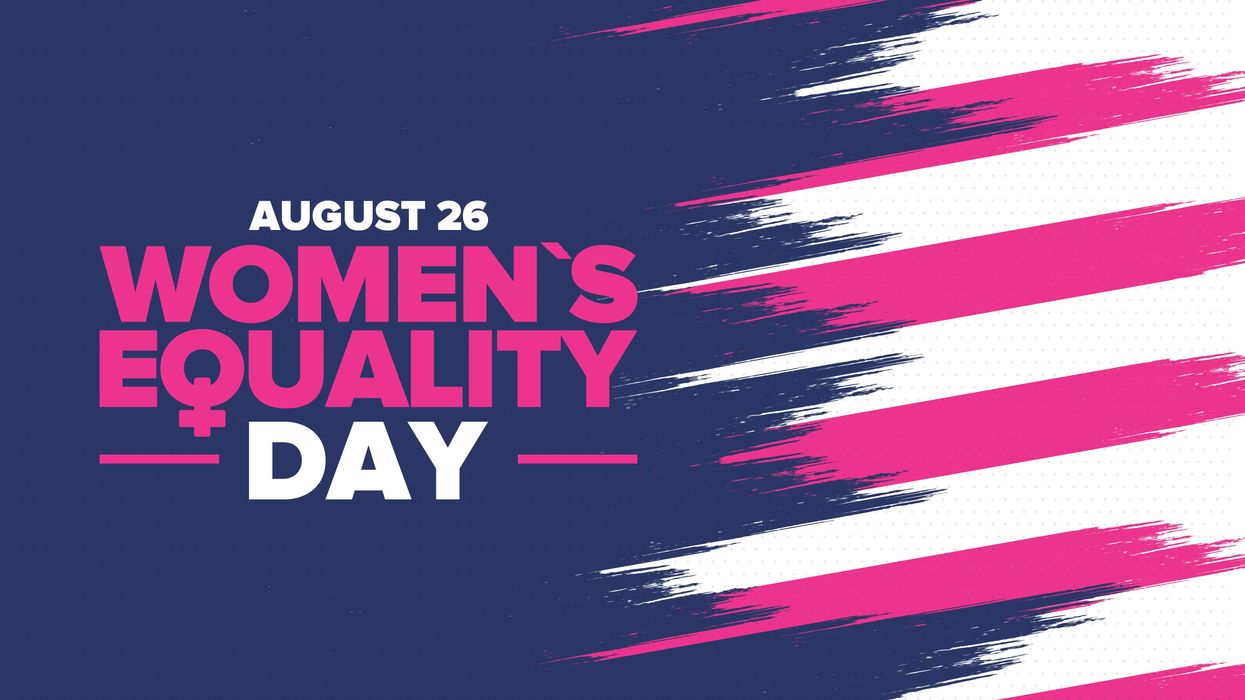Breslin is the Joseph C. Palamountain Jr. Chair of Political Science at Skidmore College and author of “A Constitution for the Living: Imagining How Five Generations of Americans Would Rewrite the Nation’s Fundamental Law.”
This is the latest in “ A Republic, if we can keep it,” a series to assist American citizens on the bumpy road ahead this election year. By highlighting components, principles and stories of the Constitution, Breslin hopes to remind us that the American political experiment remains, in the words of Alexander Hamilton, the “most interesting in the world.”
If I’m asked to rank the centuries based on the importance and impact of constitutional amendments, I’d be hard pressed to choose between the 18th and the 19th. The Bill of Rights, passed at the tail end of the 18th century, is certainly special. Free speech? Free press? Separation of church and state? Fundamental rights for the accused? Heady stuff, to be sure.
Still, the Civil War amendments of the 19th century are hard to beat. It’s no exaggeration to say that emancipation of enslaved Americans in the 13th Amendment, citizenship for all in the 14th, and the right to vote in the 15th drastically improved the American polity. Those amendments, more so than any other, brought the country closer to its professed aspirations.
One thing is certain, though: the 20th century did not match the two prior in terms of the majesty of constitutional revision. Income taxes, prohibition of liquor (especially given that the amendment was eventually repealed), presidential term limits and rules for congressional compensation just don’t have the grandeur of the earlier safeguards.
Save one. The 19th Amendment, granting women the right to vote, belongs squarely on the Mount Rushmore of constitutional improvements. Aug. 26 will celebrate Women’s Equality Day, commemorating the 104th anniversary of its passage. From the Seneca Falls Convention in July 1848 through the merger of the National Woman Suffrage Association and the American Woman Suffrage Association in 1890, to the razor-thin vote by the Tennessee legislature to become the 36th and final state to ratify, the successful journey to electoral equality was arduous.
For some, unfortunately, it still is.
First, the good news. According to the Center for American Women and Politics, women tend to vote at a higher rate than men. The data is especially encouraging in presidential elections. Women also register to vote in greater numbers than men. That data doesn't change when broken down by race. Or age. Or advanced educational degree. Indeed, the broad story of women’s electoral participation in America, at least over the last half-century, is generally positive.
And yet it’s not all sunny and warm. When it comes to voting, traditional gender roles still affect turnout. Consider motherhood. According to Angela Cools, an economist at Davidson College, mothers are “3.5 percentage points less likely to vote than women without children, while men with an infant are 2.2 percentage points less likely to vote.” Further, it’s not outrageous to think that recent state-level modifications to voting regulations — including mail-in voting, absentee voting and ballot drop-off locations — might impact women more than men. Gender stereotypes still plague the pursuit of equality.
And then there’s the post-election reality. A steady increase in voting since the passage of the 19th Amendment still hasn’t translated into corresponding representation in the halls of government. At around 52 percent, women hold a slight majority in the voting-age population. Today, however, only about a quarter of congressional seats are occupied by women, while roughly a third of state lawmakers are female. Thirteen women governors lead their states. The Pew Research Center found that 79 percent of Americans suspect that women face gender discrimination in electoral politics; 81 percent believe that women candidates get less support than men from party leaders. And almost nine out of 10 Americans are convinced that “family responsibilities make it harder for women to run for office.” Access to political power requires more than just access to the voting booth.
Perhaps the most alarming, and yet hopeful, statistic is that six in 10 Americans — including 33 percent of Republicans and 76 percent of Democrats — believe that the country has “not gone far enough when it comes to giving women equal rights with men.” The will to advance seems to be there. Now we just need the energy.
Americans should be proud of the progress we’ve made on gender equality. But the journey is far from over. The 19th Amendment was — and is — transcendent. But it, like most of the amendments promising equal treatment, has yet to live up to its majestic promise.
So, as we celebrate Women’s Equality Day on August 26, we should echo Susan B. Anthony’s words: “If I could live another century!” she exclaimed. “I do so want to see the fruition of the work for women in the past century. There is so much yet to be done.”




















